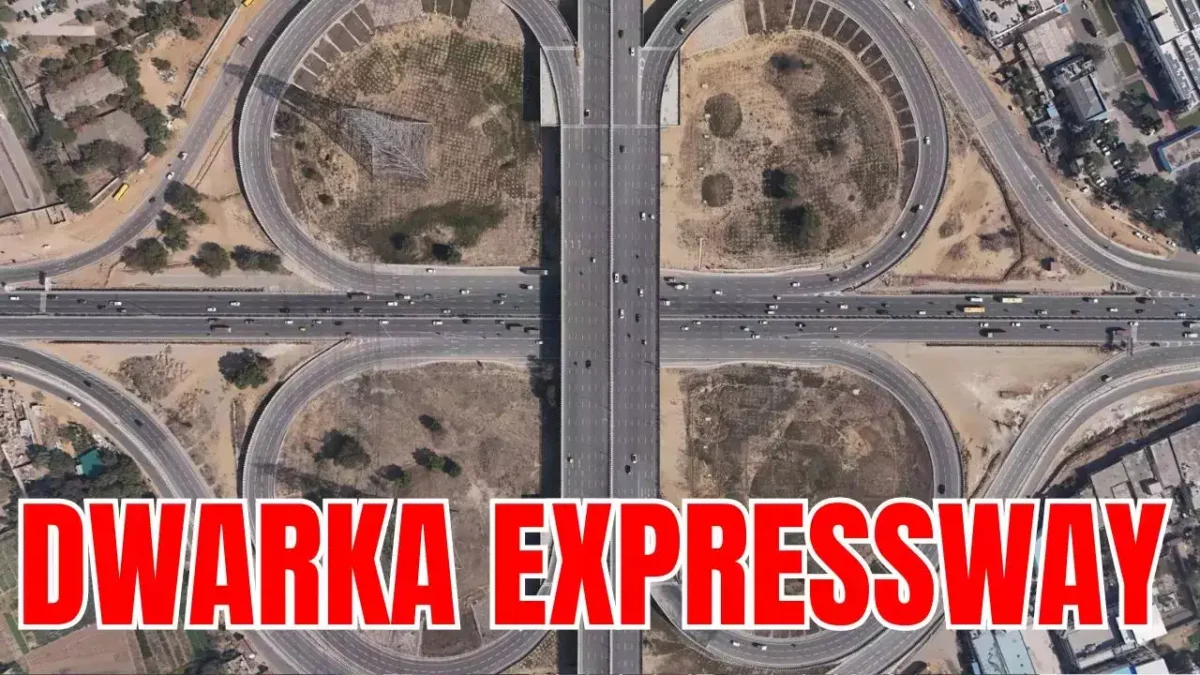The inauguration of the Haryana leg of the Dwarka Expressway became a platform for Prime Minister Narendra Modi to launch a scathing critique against the opposition, particularly the Congress-led INDIA bloc. His remarks underscored the deepening political chasm as India gears up for the forthcoming Lok Sabha elections.
Political Polarization and Development Discourse:
The discourse surrounding development projects in India has become deeply entrenched in political polarization. Prime Minister Modi’s emphasis on infrastructure development has been a cornerstone of his tenure, while the opposition has often criticized these initiatives as mere electoral gimmicks. The inauguration of the Dwarka Expressway segment in Haryana provided a stage for these tensions to surface once again.
PM Modi’s Address: Highlighting Opposition’s “Negativity”:
During his address at the inauguration, Prime Minister Modi did not mince words as he lambasted the opposition, accusing them of being mired in negativity. He specifically targeted the Congress-led alliance, alleging that they were obstructing the progress of development projects worth lakhs of crores of rupees across the nation. Modi’s rhetoric painted the opposition as lacking in vision and solely focused on thwarting the government’s efforts for political gains.
Opposition’s Perspective:
In contrast, the opposition INDIA bloc, comprising more than two dozen parties, including Congress, has consistently raised concerns about the efficacy and transparency of the government’s development initiatives. From infrastructure projects to economic policies, the opposition has often portrayed the ruling dispensation as prioritizing optics over tangible progress. Their skepticism regarding the timing and motives behind such inaugurations reflects a broader narrative of distrust in the government’s intentions.
Election Dynamics and Project Inaugurations:
The timing of project inaugurations, especially large-scale infrastructure ventures, is significant in the Indian political landscape, particularly in the lead-up to elections. Prime Minister Modi’s flurry of inaugurations across the country serves not only to showcase his government’s achievements but also to bolster his electoral prospects. Conversely, the opposition sees these events as attempts to sway public opinion in favor of the ruling party.
Dwarka Expressway: Symbolism and Significance:
The Dwarka Expressway, a vital infrastructure project connecting Delhi and Gurugram, stands as a symbol of India’s aspirations for modernization and connectivity. With its completion, commuters can expect reduced travel times, improved access to key destinations, and enhanced economic activity along its corridor. However, the project’s inauguration has also become emblematic of the political tug-of-war between the ruling party and its adversaries.
Infrastructure Development as a Political Tool:
Infrastructure development has emerged as a potent political tool in India, with parties leveraging it to garner public support and discredit their opponents.
While the ruling party touts such projects as evidence of its commitment to progress and development, the opposition often counters with allegations of corruption, inefficiency, and lack of inclusivity in the planning and execution processes.
Public Perception and Electoral Implications:
The manner in which infrastructure projects are perceived by the public can significantly influence electoral outcomes. For the ruling party, successful completion and timely inauguration of such projects can bolster its image as a proactive and responsive government. Conversely, any delays, cost overruns, or controversies surrounding these ventures can provide ammunition to the opposition to question the ruling party’s competence and integrity.
Conclusion:
The inauguration of the Dwarka Expressway in Haryana served as a microcosm of India’s complex political landscape, where development initiatives intertwine with electoral ambitions and ideological clashes. Prime Minister Modi’s scathing criticism of the opposition’s “negativity” underscores the deep-rooted divisions that characterize Indian politics today. As the nation prepares for the upcoming elections, the debate over.
In conclusion, the Dwarka Expressway inauguration underscores India’s political complexities. Amidst criticism and rhetoric, infrastructure progress remains pivotal, shaping the nation’s democratic trajectory and electoral landscape.



